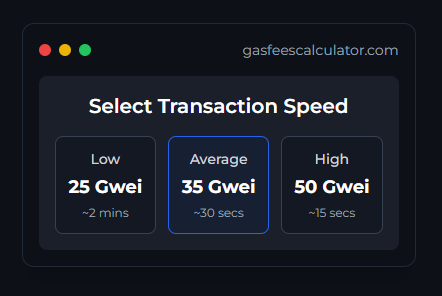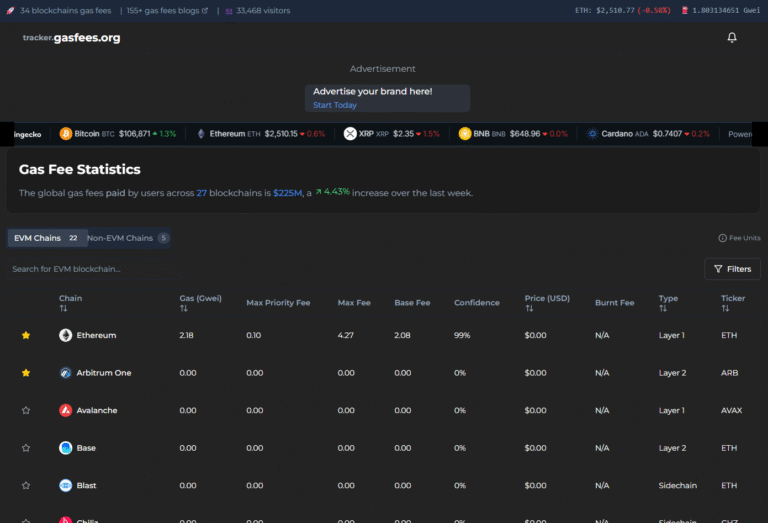What Are Astar Gas Fees?
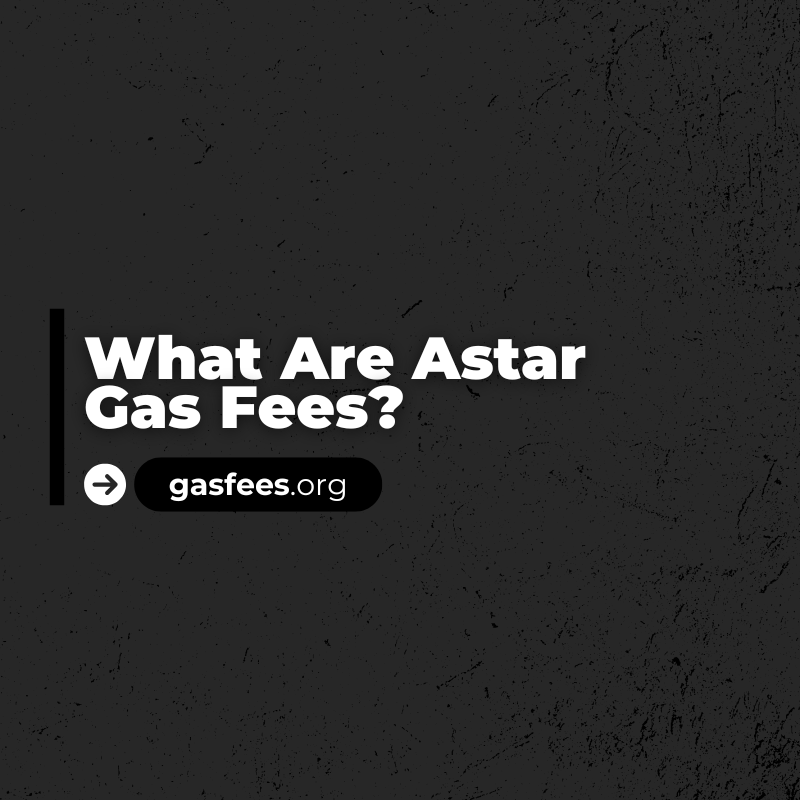
Astar gas fees are the transaction costs associated with executing operations on the Astar blockchain, a platform built for multi-chain decentralized applications (dApps) on Polkadot. These fees, paid in ASTR tokens, help ensure network security and facilitate the execution of smart contracts. Understanding Astar gas fees is crucial for users who want to optimize costs while interacting with the Astar network and its interoperable decentralized ecosystem.
What Are ThunderCore Gas Fees?
What Are ThunderCore Gas Fees? Written By: Mr. GasMan Key Takeaways from the ThunderCore Gas Fees Blog: 1. ThunderCore Gas Explained: Think of gas fees as the “toll” for blockchain actions, paid in the native token TT. Two crucial variables: Gas Price (your speed tip) and Gas Used (complexity of action). Gas prices dynamically adjust based on […]
Understanding Ethereum Gas Fees: What You Need to Know
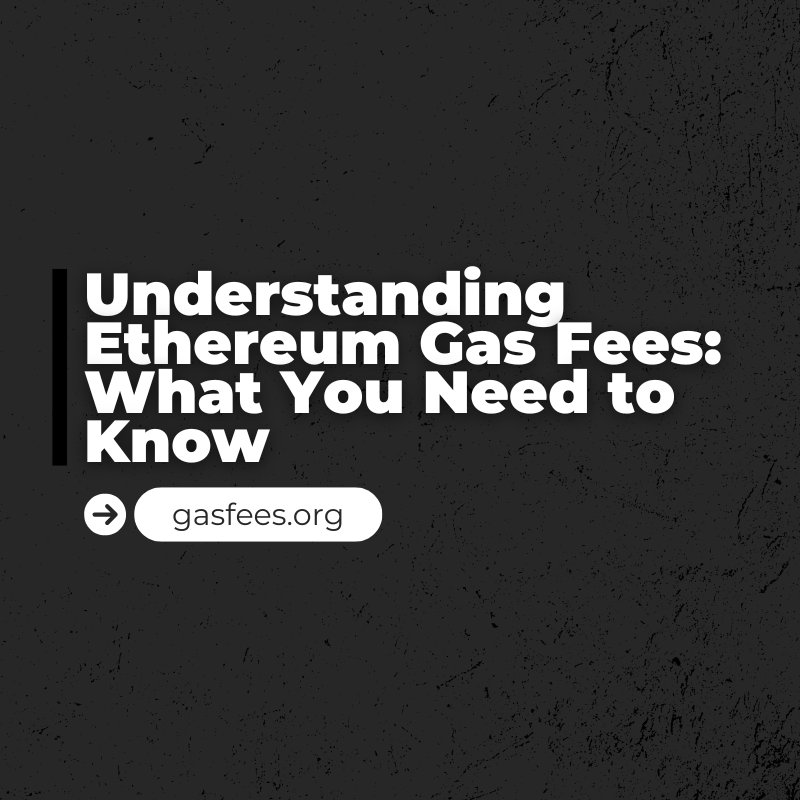
Ethereum gas fees are the costs of executing transactions and smart contracts on the Ethereum network. This guide explains how gas fees are calculated, why they fluctuate, and tips for minimizing costs. Whether you’re a developer or user, understanding Ethereum gas fees is essential for efficient blockchain interactions.
What Are CELO Gas Fees?

CELO gas fees are the transaction costs associated with executing operations on the Celo blockchain, which focuses on providing decentralized financial services to mobile users. These fees, paid in CELO tokens, help maintain network security and ensure efficient transactions. Understanding CELO gas fees is crucial for optimizing costs when sending payments, interacting with smart contracts, or using decentralized applications on the Celo network.
What Are Moonbeam Gas Fees?
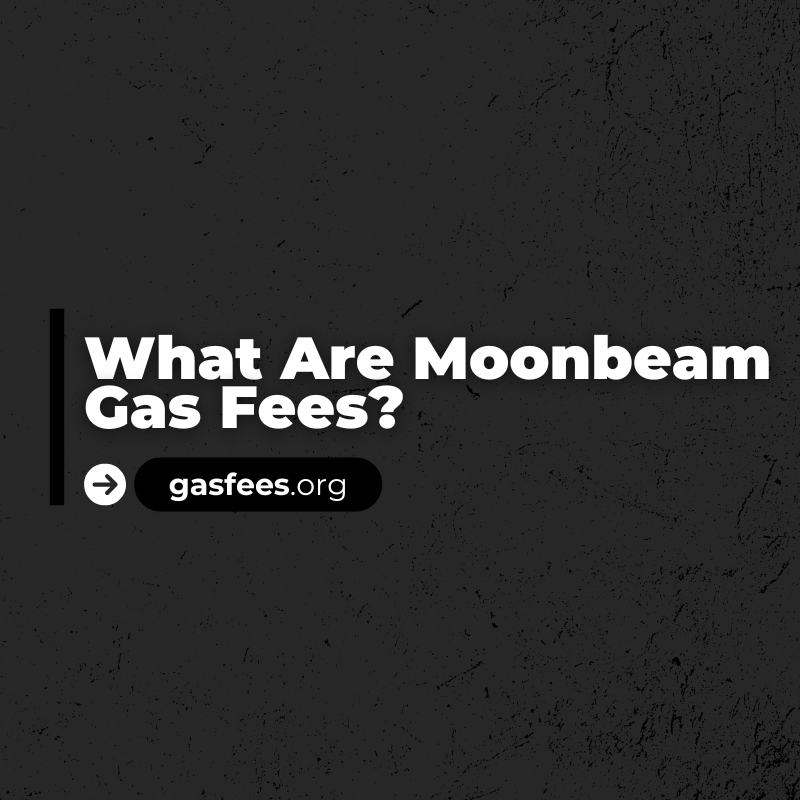
Moonbeam gas fees are the transaction costs required for executing operations on the Moonbeam network, a smart contract platform built on Polkadot. These fees, paid in GLMR tokens, facilitate seamless transactions and maintain network security. Moonbeam’s focus on Ethereum compatibility ensures low and predictable gas fees, making it ideal for deploying decentralized applications (dApps). Understanding Moonbeam gas fees helps users optimize costs while leveraging its multi-chain capabilities.
What Are Elastos Gas Fees?
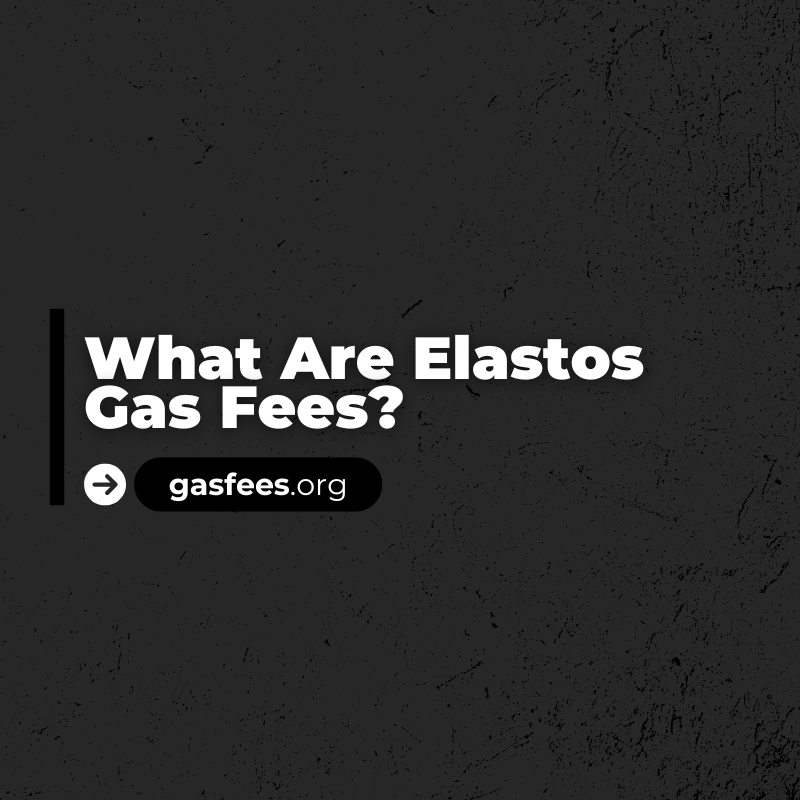
Elastos, a blockchain platform focused on building a decentralized “SmartWeb,” takes a unique approach to transaction costs. On the Elastos main chain, there are no traditional gas fees for transactions involving the native ELA token, as network operations are primarily supported by miners collecting minimal transaction fees. This design prioritizes affordability and accessibility for users transferring ELA or engaging with basic network activities.
However, Elastos operates sidechains, such as the Elastos Smart Chain (ESC), which supports Ethereum-compatible smart contracts. On the ESC, gas fees apply and are paid in ELA, but they are notably low—often less than $0.01 per transaction (around 3.3 Gwei), with options for fast (5s), normal (15s), or slow processing times. These fees cover computational resources and are kept minimal due to Elastos’ efficient architecture and merged mining with Bitcoin, which enhances security without inflating costs.
Users can monitor ESC gas fees using tools like Elastos’ block explorers or wallets like Elastos Essentials, which provide real-time fee estimates. By eliminating main chain gas fees and maintaining low sidechain costs, Elastos fosters a cost-effective environment for decentralized applications, making it attractive for developers and users alike.
